The line between staying and belonging feels thin when walking European streets that whisper centuries of change. For those looking to turn a temporary visit into permanent life, a few countries quietly offer more than good coffee and stunning coastlines. It provides a path for a passport, often faster, smoother, and friendlier than others. The easiest European countries to get citizenship have something in common. It opens doors where others bolt them shut.
Families do not always move for luxury. Some chase heritage, others escape tax burdens or seek better schools, cleaner air, or stronger rights. A second passport turns a decision into a life. And where that passport comes from matters.
This list of countries stands out not because they hand out citizenship for nothing but because their rules make the process possible without a decade-long maze of delays and complexity.
1. Italy – Where Bloodlines Matter More Than Borders

Citizenship in Italy rests not on how long you stay but on who you descend from. Italian law honors jure sanguinis, the right of blood. If one’s grandparent, great-grandparent, or sometimes even further back, was Italian and never renounced their citizenship before your parent was born, you are entitled to it, too.
Applications take time. Italian consulates remain overwhelmed. There is no need to speak fluent Italian or spend years in Rome, though many choose to.
In 2023, over 400,000 foreign-born residents in Italy were pursuing citizenship, many through ancestral rights, according to ISTAT.
Here’s an overview of citizenship requirements –
- Passport – European Union passport with access to 180+ countries visa-free
- Fees – Application fee is approximately €300
- Eligibility – Citizenship by descent or 10 years of residency
- Language Requirement – Basic Italian for naturalization
- Cost of Living – Moderate, varies by region (lower in the south)
- Average Income – €28,000 per year
- GDP per Capita – $35,551
2. Portugal – The Golden Middle Road
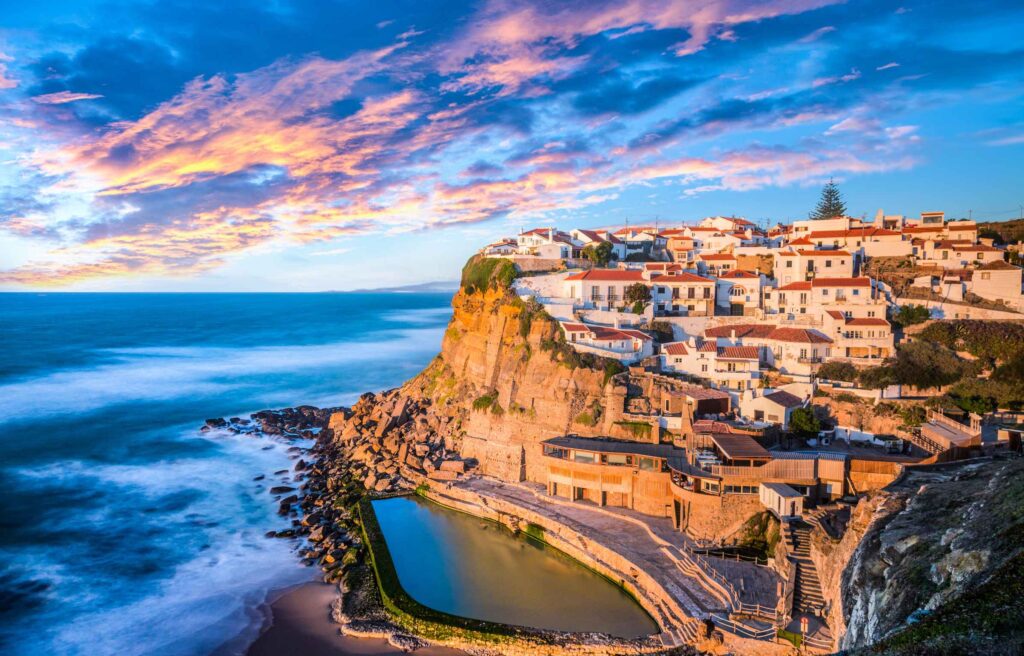
Portugal’s policies reflect the country’s mild, flexible, fair, and welcoming climate. Permanent residency after five years opens the door to citizenship. One does not need to live full-time to qualify. A minimum stay of seven days per year often suffices.
Language requirements exist but are light. Portugal recognizes Sephardic Jews’ historical ties and offers a separate fast-track for descendants, though changes in 2022 made this more complex.
Golden Visa investors, Portugal’s new digital nomad visa, and retirees often find Portugal without abandoning their old lives.
As of 2024, over 20,000 people have naturalized via the Golden Visa pathway, according to Get Golden Visa.
Here’s an overview of citizenship requirements –
- Passport – EU passport with strong global access
- Fees – Naturalization costs around €250
- Eligibility – Five years of legal residence
- Language Requirement – A2 level Portuguese
- Cost of Living – Affordable, especially outside Lisbon
- Average Income – €22,000 per year
- GDP per Capita – $29,726
? Related – Working Remotely in Portugal: Remote Workers Heaven
3. Malta – A Costly Shortcut With Clear Rules
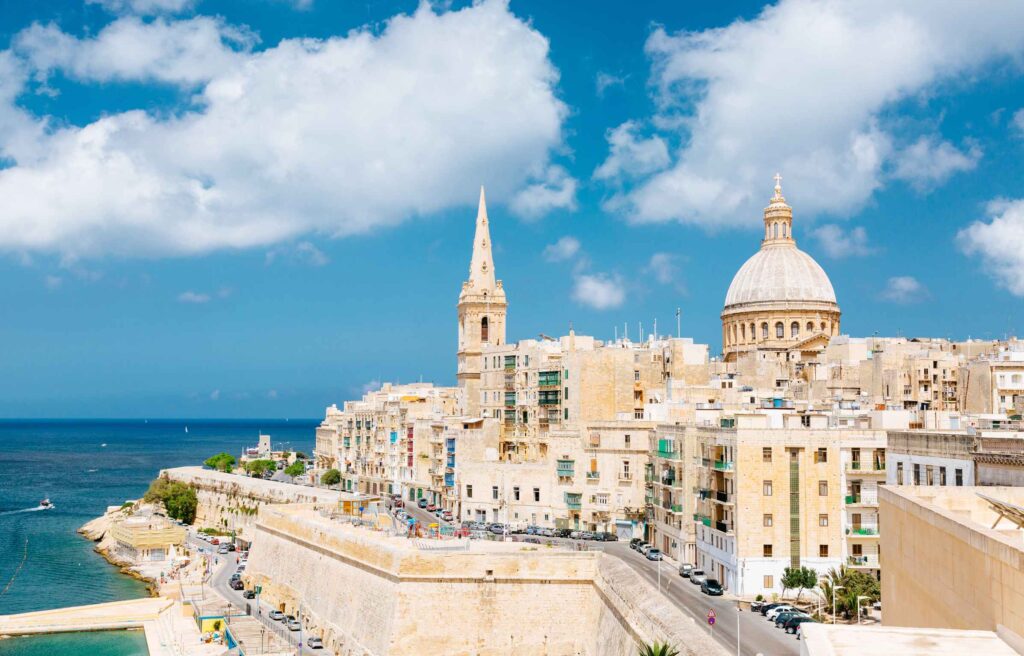
Malta does not pretend its citizenship-by-investment scheme is affordable. It costs around €750,000 in contributions, real estate, and donations. But what makes Malta noteworthy is transparency. While other countries hide behind bureaucratic fog, Malta lays out the path in detail.
Applicants undergo strict due diligence, but those who pass receive citizenship within 12–36 months. Malta belongs to the European Union, offers visa-free travel to 180+ countries, and recognizes dual citizenship.
Beyond investment, Malta also offers citizenship through naturalization after five years of legal residency. This path remains less publicized but is entirely viable. The country provides an English-speaking environment and a stable, well-regulated financial sector.
With its Mediterranean climate, Malta appeals to those seeking lifestyle and long-term access to the European Union.
Here’s an overview of citizenship requirements –
- Passport – EU passport with access to 180+ countries
- Fees – Investment programs start at €750,000
- Eligibility – 12-36 months through investment or 5 years via residency
- Language Requirement – None formally required for investors
- Cost of Living – Moderate to high
- Average Income – €23,000 per year
- GDP per Capita – $39,977
4. Greece – Citizenship Through Residency and Roots

For expats eyeing Greece, the rules reward patience and heritage. Citizenship through naturalization takes seven years of residency, language proficiency, and ties to Greek society. But if your parent or grandparent was Greek, the rules become friendlier.
The 2024 update to immigration law reduced the documentation needed for second-generation immigrants and added new pathways for children born in Greece to non-citizen parents. The Golden Visa requires a €250,000 property investment.
It allows residency but not automatic citizenship. Still, many use it as a bridge. Also, offering dual citizenship in Greece has become a viable and increasingly common outcome, offering the best of both worlds, heritage and European mobility.
Here’s an overview of citizenship requirements –
- Passport – EU passport
- Fees – €700 naturalization fee
- Eligibility – Seven years of residency or Greek ancestry
- Language Requirement – Greek proficiency required
- Cost of Living – Low to moderate
- Average Income – €20,000 per year
- GDP per Capita – $26,387
5. Ireland – A Birthright Reclaimed

Ireland offers one of the clearest ancestry paths. If you have a grandparent born in Ireland, you can register on the Foreign Births Register and become a citizen. Even if it was a great-grandparent, with proper paperwork and timing, you might still qualify.
Naturalization requires five years of residency within nine years, but the process is known for being consistent. Ireland values transparency. According to Y-Axis, the country saw over 12,000 foreign nationals become citizens 2023 through ancestry claims.
Those seeking stability after Brexit found Ireland a bridge to EU freedom. Few countries match its clarity in citizenship law, and for eligible individuals, options like the Ireland Free Relocate Program make the transition even more accessible.
Here’s an overview of citizenship requirements –
- Passport – Irish passport with access to the EU and the UK
- Fees – Around €175 for registration
- Eligibility – Irish ancestry or 5 years of residency
- Language Requirement – None
- Cost of Living – High, especially in Dublin
- Average Income – €40,000 per year
- GDP per Capita – $124,596
6. Spain – Fast Track for Ibero-Americans and Sephardic Jews
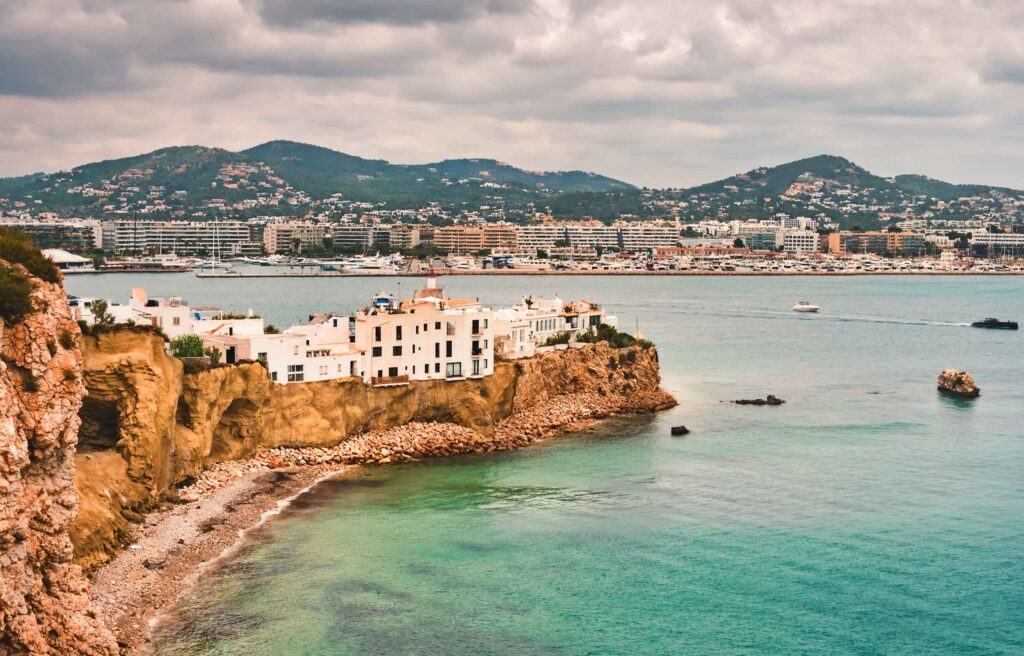
Spain holds a historical memory that shapes its citizenship laws. Citizens of Latin America, the Philippines, Andorra, and others need only two years of residency before applying. For everyone else, it’s ten.
Descendants of Sephardic Jews expelled during the Inquisition also had a dedicated path, though applications for that closed in 2019. Still, court appeals and ongoing reviews continue to grant nationality to some under that scheme.
Spanish bureaucracy may be frustrating, but the short timeline for select nationalities earns Spain a place to get citizenship for those who qualify.
Spain’s Digital Nomad Visa offers a flexible entry point that can lead to long-term residence and, eventually, citizenship.
Here’s an overview of citizenship requirements –
- Passport – EU passport
- Fees – Naturalization around €100
- Eligibility – 2 years for select nationalities, 10 years for general
- Language Requirement – Spanish language and cultural exam
- Cost of Living – Moderate
- Average Income – €27,000 per year
- GDP per Capita – $34,821
?♀️ Also read – Spain Tourist Ban Insights That Every Traveler Must Know Before Booking
7. Poland – Quietly Accessible Through Bloodlines
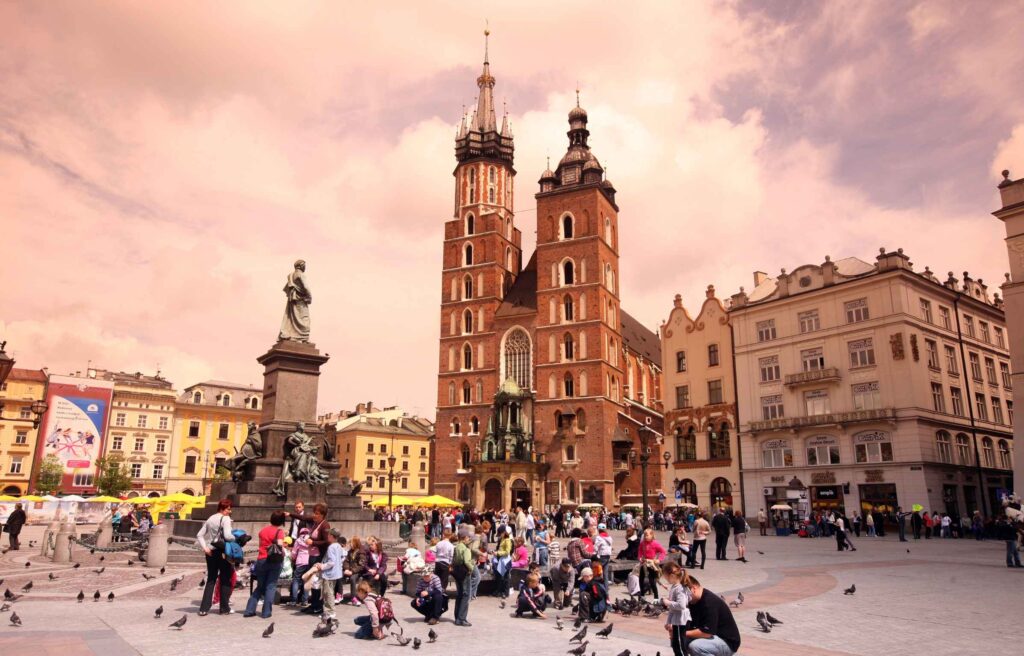
Few speak of Poland when listing accessible citizenships, but they should. Poland recognizes descent through either parent, going back several generations. The process involves documentation and Polish language translation, but not residency.
The Polish government actively supports diaspora citizenship claims, especially from countries like the U.S., Canada, Brazil, and Ukraine. According to the Lexmotion Law Firm, an estimated 20 million people worldwide qualify for Polish citizenship.
Poland also offers naturalization pathways for long-term residents, including those with Polish spouses or permanent residency status. With low living costs, growing infrastructure, and EU membership, Poland presents a practical and often overlooked route to European citizenship.
Here’s an overview of citizenship requirements –
- Passport – EU passport
- Fees – Application fees start at €100
- Eligibility – Ancestry or 3–10 years of residency
- Language Requirement – Polish proficiency required
- Cost of Living – Low to moderate
- Average Income – €19,000 per year
- GDP per Capita – $22,778
8. Sweden – Stability with Straightforward Rules
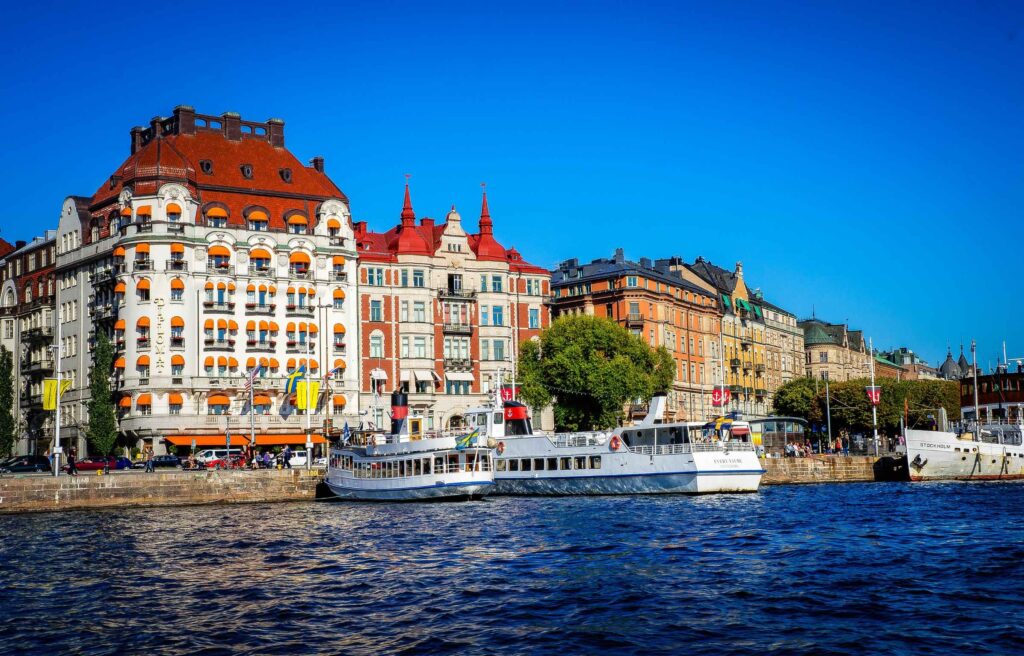
Sweden does not offer fast tracks. There are no investor routes or grandparent loopholes. But what it offers is reliability. Five years of legal residence (or three if married to a Swede) qualify one to apply for citizenship.
Sweden does not require a formal language test, but informally expects integration. The country values trust. Sweden values trust. The process focuses on clean criminal records, documented income, and residency.
Over 65,000 people gained Swedish citizenship in 2023. It makes Sweden one of the leading EU countries for naturalization.
Here’s an overview of citizenship requirements –
- Passport – EU passport
- Fees – SEK 1,500 (~€130)
- Eligibility – 5 years of residency or 3 through marriage
- Language Requirement – No formal requirement
- Cost of Living – High
- Average Income – €38,000 per year
- GDP per Capita – $60,476
9. France – Family, Birth, and Integration
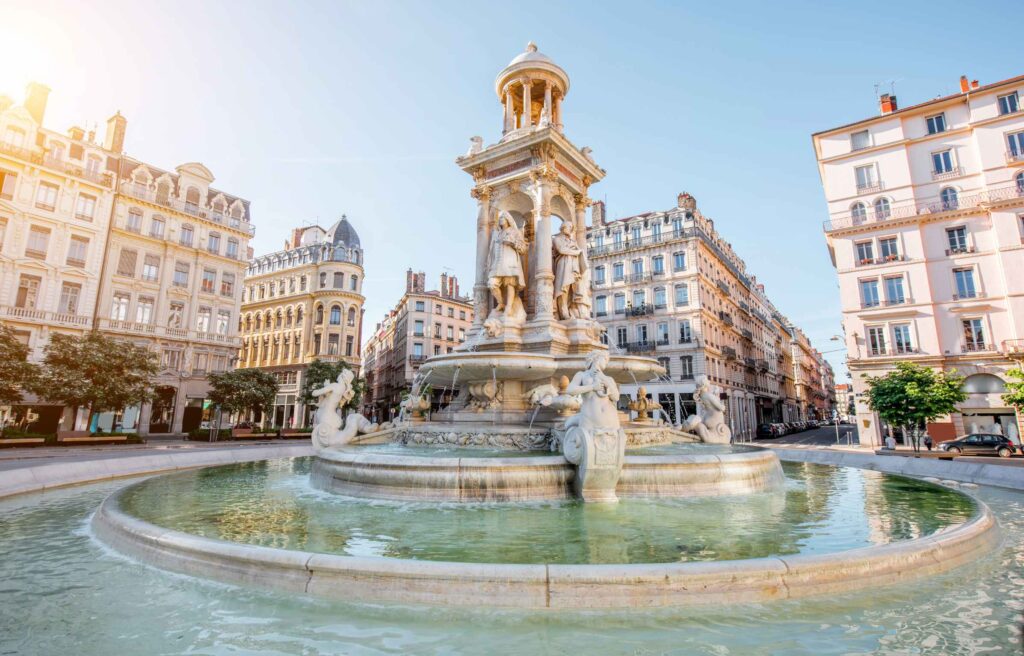
France maintains a republican idea of citizenship. Children born in France to foreign parents may gain citizenship at 18 if raised there. Adults can naturalize after five years of residence or two if they study at a French university.
A language test and an interview measuring “integration into French society” are required. However, France grants citizenship to around 100,000 people annually, more than almost any EU nation.
It is for students, long-term residents, and those married to French citizens.
Here’s an overview of citizenship requirements –
- Passport – EU passport
- Fees – Naturalization fee is €55
- Eligibility – Birth, descent, or 5 years of residency
- Language Requirement – B1 level French
- Cost of Living – High in cities
- Average Income – €36,000 per year
- GDP per Capita – $47,685
Recommended read – Relocating to Paris? Here’s Everything You Need to Know
10. Germany – Reform Means Speed
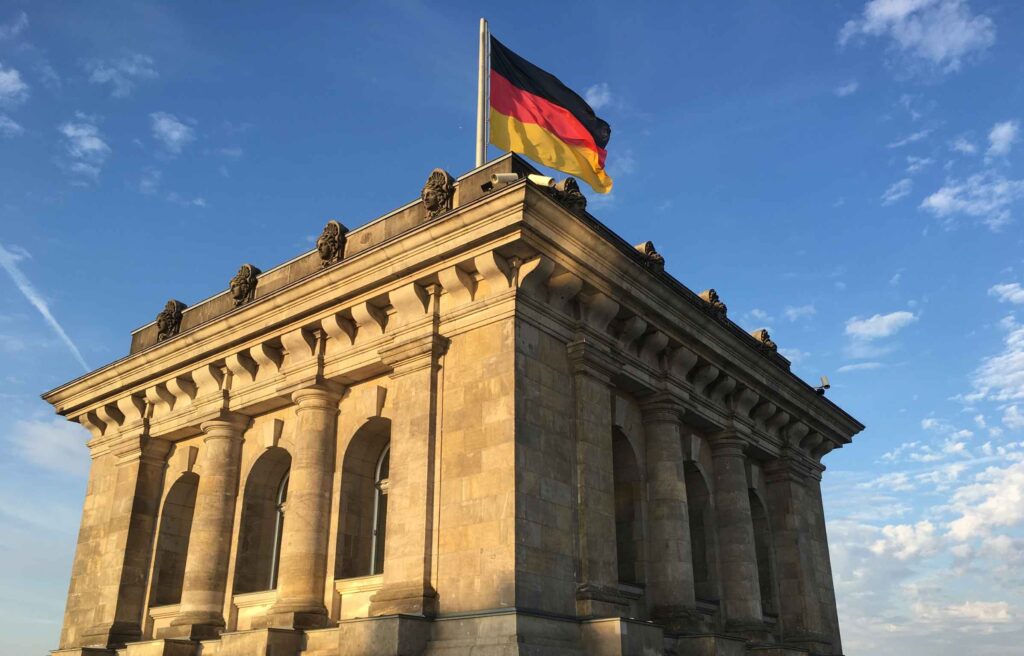
Historically strict, Germany changed course in 2024. New laws reduce the wait time for citizenship from eight to five years. In cases of “special integration,” it drops to three.
Dual citizenship is now fully allowed for non-EU citizens, marking a dramatic shift. Language proficiency remains a must, as does civic knowledge. Germany requires applicants to be economically self-sufficient and law-abiding.
These reforms reflect Germany’s aim to attract skilled migrants and long-term economic contributors. With clearer rules and faster processing, the country now appeals to professionals, students, and families seeking stability and opportunity in the heart of Europe.
Here’s an overview of citizenship requirements –
- Passport – EU passport
- Fees – €255 application fee
- Eligibility – 5 years residency, 3 with special integration
- Language Requirement – B1 level German
- Cost of Living – High in major cities
- Average Income – €45,000 per year
- GDP per Capita – $53,674
11. Hungary – Hidden Simplicity
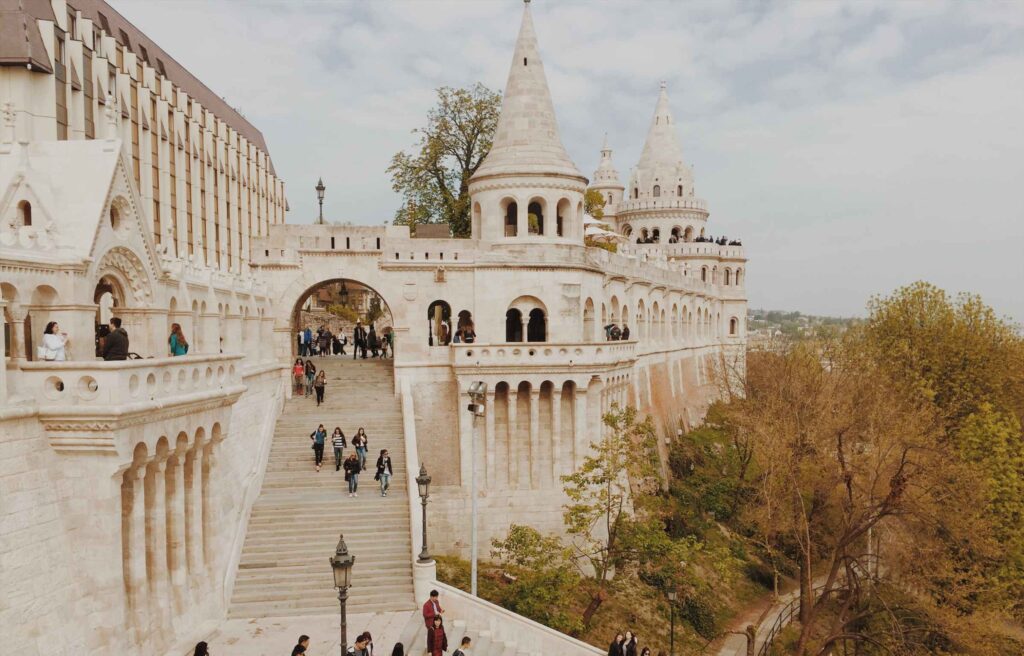
Hungary rarely makes headlines, but its ancestry rules are favorable. Citizenship through descent requires proving that one parent or grandparent was Hungarian and that you speak basic Hungarian.
Hungary offers simplified naturalization to ethnic Hungarians in neighboring countries. Millions in Romania, Serbia, and Ukraine have applied under this rule. In a decade, over 1 million people gained citizenship this way, per Hungarian government data.
The country’s application process is streamlined and relatively fast compared to other European nations. Applicants with cultural or linguistic ties often receive approvals within a year, making Hungary a practical option for those seeking EU access through family heritage.
Here’s an overview of citizenship requirements –
- Passport – EU passport
- Fees – Minimal processing costs
- Eligibility – Ethnic Hungarian descent or 8 years of residency
- Language Requirement – Basic Hungarian proficiency
- Cost of Living – Low
- Average Income – €15,000 per year
- GDP per Capita – $21,982
12. Netherlands – Structured but Forgiving
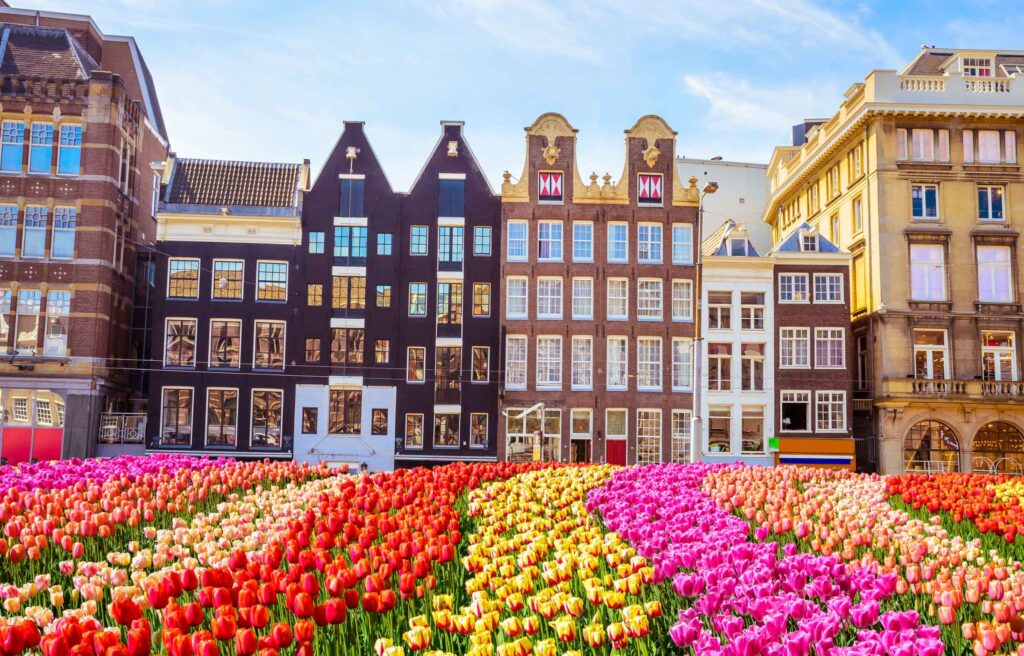
Dutch citizenship takes five years of continuous residence. Exceptions apply to spouses of Dutch citizens and former Dutch nationals. Applicants must renounce their old citizenship unless they fall into an exemption category.
The Dutch process is direct. Language and integration exams are mandatory. But the path remains clear for expats, students, and workers who build a stable life. The Netherlands naturalized over 45,000 individuals in 2022, reflecting its measured openness.
The Netherlands earns its spot through process clarity and administrative fairness.
Here’s an overview of citizenship requirements –
- Passport – EU passport
- Fees – €945 application fee
- Eligibility – 5 years residency
- Language Requirement – Dutch language and civic test
- Cost of Living – High
- Average Income – €40,000 per year
- GDP per Capita – $58,061
Why European Citizenship Still Matters Most
Citizenship is not only a legal status. It is access, identity, and permanence. For many, it means voting, building a business, educating their children, and planning decades without disruption. In uncertain times, having more than one citizenship is not indulgent. It is strategic. It protects against instability, unlocks opportunity, and secures future freedom of movement.
Choosing the right country requires more than chasing headlines or trends. It demands clarity, timing, and a long-view mindset. The easiest European countries to get citizenship do not promise shortcuts but offer structure and credibility. The door to belonging is already open for those who qualify through ancestry, residence, or investment.
In the End
Citizenship transforms how one lives, works, and belongs. Some countries know that mobility, heritage, and contribution should be encouraged, not punished by endless paperwork. Each country above offers different reasons why it ranks among the easiest European countries to get citizenship.
Some reward ancestry. Others value residence. A few offer paid routes that skip long waits through investment. No two systems look alike. But each allows people to move from guests to citizens, legally, freely, and with dignity. Drawn by family history or future opportunity.
These countries represent freedom, with borders open to those who knock.
From Citizenship Dreams to European Realities
Relo.AI helps you align your citizenship path with strategic relocation. From ancestry-based applications to investment-based fast tracks, we guide every move with clarity, precision, and local expertise.
If a European passport is part of your future, we connect your background, goals, and residency options to the country that fits best.
No guesswork. No endless paperwork. Just results. Book a Slot with us and match your heritage, goals, and timeline to the correct country.
Note – This guide uses publicly available sources from 2026 to list all fees, income requirements, and program structures. Government policies can change frequently. Always check current requirements with official immigration offices or a legal advisor before applying.











